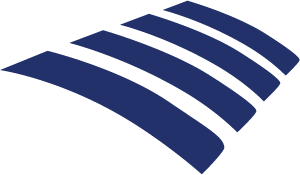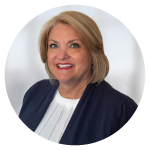1930
United Airlines offered coast-to-coast passenger and mail service.
1930
Ellen Church was hired by Boeing Airline Company as the first flight attendant.
1954
Purchased the first flight simulators with visual, sound and motion abilities.
1958
Received its first jet aircraft DC-8.
1961
Merged with Capital Airlines and displaced AA as the world’s second largest carrier.
1970
First B-747 delivery
1970
Only airline to have operated as EXECUTIVE ONE (designation given to a/c that fly the President of the United States)
1981
Launched Mileage Plus program.
1982
Launch carrier for Boeing 767-200.
1984
First airline to service all 50 states.
1985
United Pilots strike was resolved in 29-days.
1989
Ordered the new Boeing 747-400.
2000
Acquired USAirways.
2002
Declared bankruptcy but continued operations.
2006
Exited bankruptcy and returned to normal operations.
2010
Merged with Continental.
2021
United only major US airline to require COVID-19 vaccines for its employees.
























